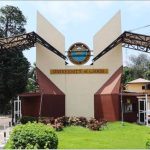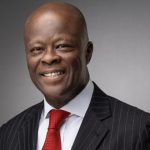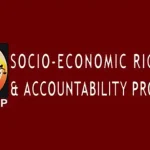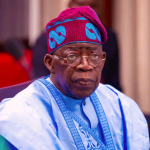SERAP calls for immediate reversal of ban on media houses coverage of Presidential villa
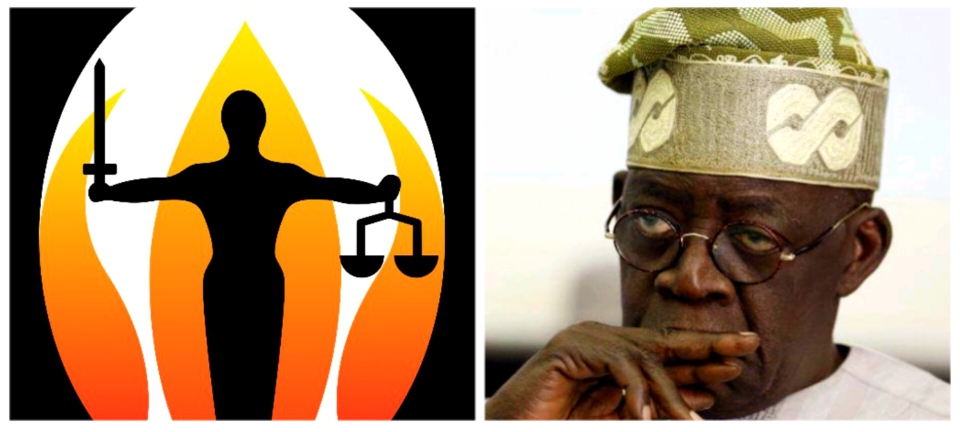
The Socio-Economic Rights and Accountability Project, SERAP, has called on the Federal Government to immediately reverse the ban on some media organizations in the country from covering events at the presidential villa.
SERAP made its calls via a post on its official X (formerly Twitter) account on Sunday.
The group has threatened to take legal actions against the federal government if it fails to do the needful.
SERAP wrote, “The Tinubu administration must immediately reverse the ban on the Vanguard, Galaxy TV, and 23 other media houses from covering the presidential villa, or face legal action. The government cannot cherry-pick journalists to cover its activities.”
Earlier this week, it was gathered that twenty-five (25) journalists attached to various media organizations across the country forfeited access to cover events at the presidential villa.
This was as security operatives at the main gate of the villa requested that the affected journalists submit their accreditation tags.
Emerging reports have also revealed that the security operatives who seized the journalists’ accreditation tags did not give any reason or explanation for the withdrawal of the tags but asked the affected media houses to source for video clips and other news materials from their colleagues.
While the journalists have expressed concerns over what might have warranted the action and which has raised significant concerns about press freedom, other unaffected media houses in the country have remained silent on the issue.
This has left many wondering why the federal government favours sine media organizations at the expense of the affected ones.
A report by Sahara reporters described the incident as “a massive crackdown on the Nigerian media” following the withdrawal of accreditations of 25 journalists covering the Presidential Villa.
The withdrawal of accreditation of journalists from covering the presidential villa by President Tinubu suggests a move towards dictatorship in Nigeria’s over two decades of democracy.
It portrays the president as one who undermines the role of the media in a democratic government and seeks to suppress the media’s might by handpicking specific journalists cum media organizations to take account of it’s activities.
Such action by the government raises the questions of perceived compromise on the part of the favoured media houses.
However, the issue of press freedom remains endemic in most African countries. Nigeria is not an exception as suppression of the press has been evident right from colonial times and even through the military interrugnums witnessed in the country.
A thought provoking scenario strikes the mind with renewed memories of the pains that were felt in the screaming headlines questioning who killed Dele Giwa in 1986 as it continues to burn like acid in our brains.
Dele Giwa was a flaming journalist with a fiery message of rebuke for the oppressive military regime of Ibrahim Badamosi Babaginda (IBB). He was the pioneering journalist in Nigeria who blazed the path for investigative journalism bottled in a weekly authoritative brand known as Newswatch.
On that fateful day of 1986, the fierce journalist was killed in a letter bomb leaving his body shattered in pieces with nothing left even for a burial.
It would be recalled that two days before the arrival of the death parcel, Giwa had been accused by a senior member of the Directorate of Military intelligence of “illegally importing and stockpiling arms and ammunition for the purpose of staging a socialist revolution in Nigeria.”
Giwa’s demise left a mark on the heart of Nigerians with a lesson for journalists but revealed the level of inhumanity orchestrated against the press for constitutionally attempting to hold the government accountable to the people.








